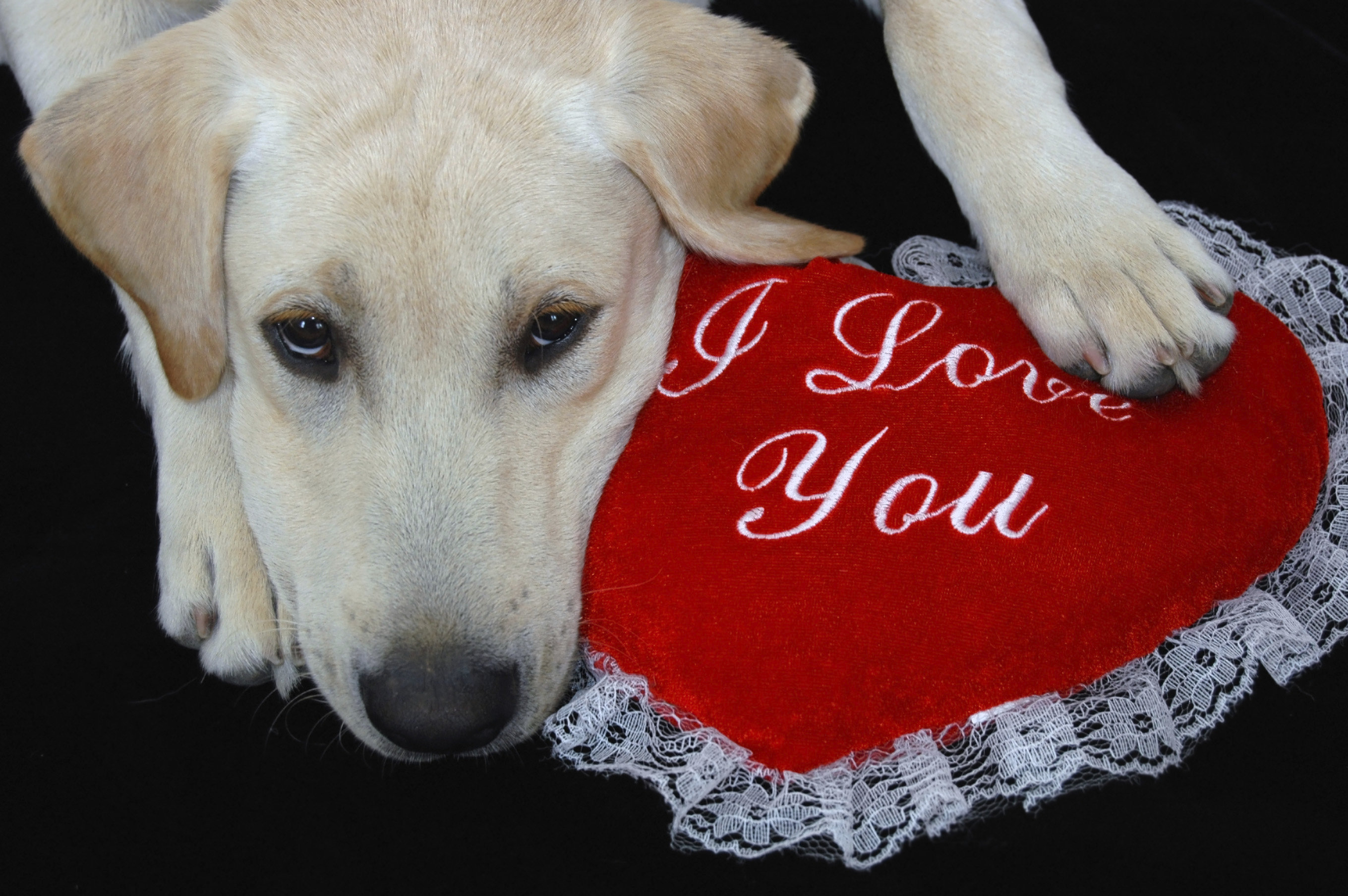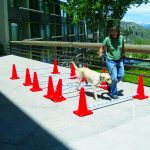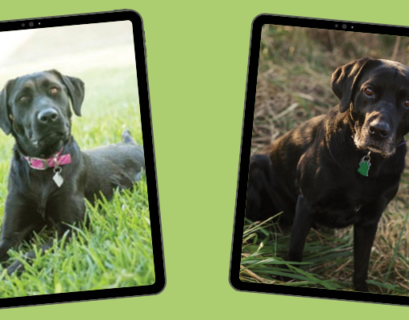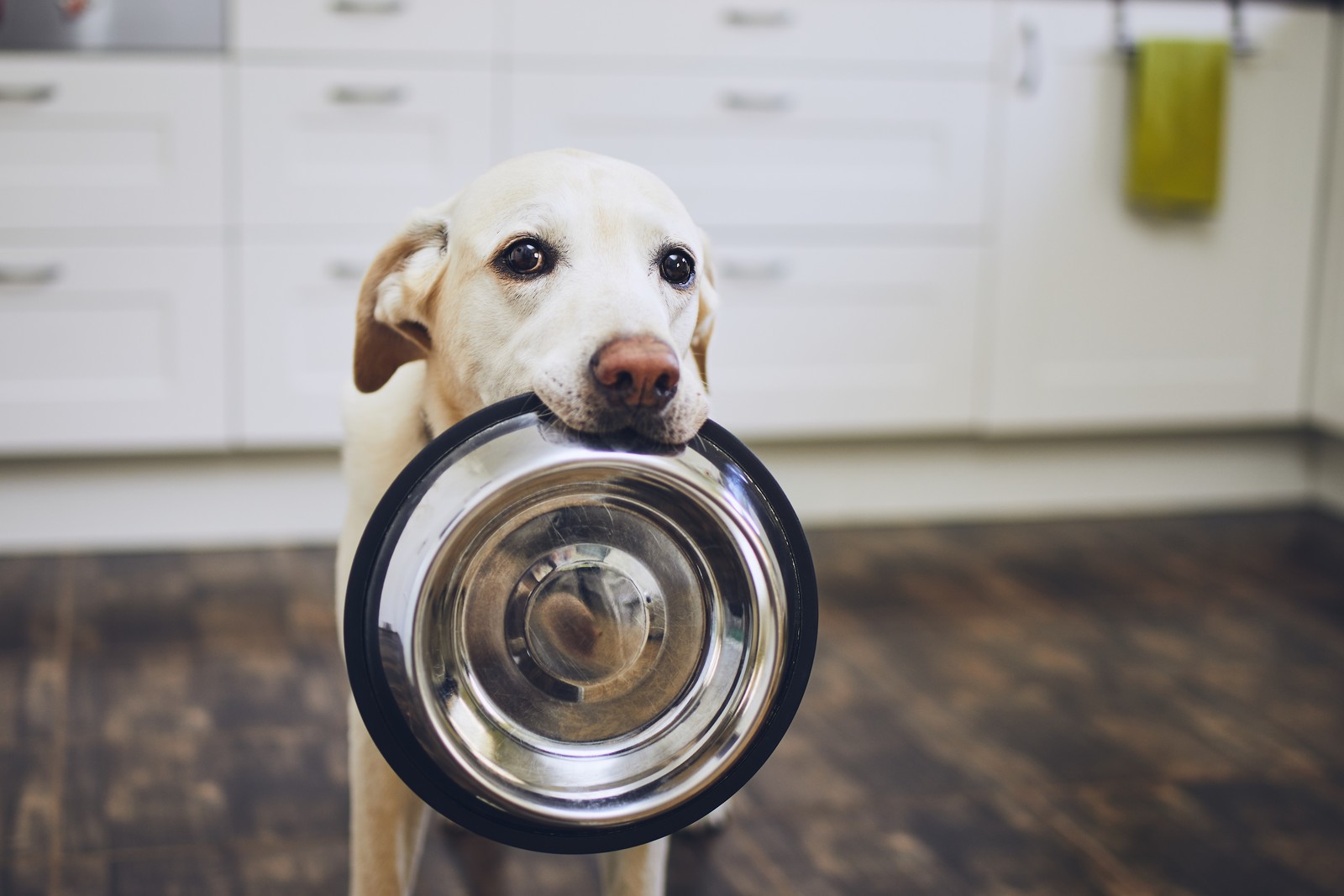by Steve Smith
If there is a topic about which more words have been written, movies and plays produced, songs composed, and diaries kept than love, it sure isn’t on this planet. Love is not just a central part of our lives, it is the central part of our lives. We do it all for love.
And in the non-human animal world, love – if you can call it that – is demonstrated all the time by the females of species that will defend their young even at the risk and sometimes the cost of their own lives. The old saying about not getting between a mother bear and her cubs is not just an old saying. Why? Obviously, protection of the young ensures they will grow up, procreate, and her kind will continue. This sort of “love,” then, is grounded in species survival. It is really no different with humans.
Some say that children survive infancy because their parents are genetically wired to think they are adorable (hence the saying about having a face only a mother could love) – maybe a mother bear thinks her cubs are adorable, too – and so parents minister to their children’s needs until the kids can fend for themselves. Again, the theory goes, it’s all about perpetuation of the species: Mothers protect their young because of love; that this helps them to survive to carry her genes to their own children someday is an unplanned, yet happy, coincidence.
Some of the more cynical among us say that the human children – and maybe the bear cubs – use their lovableness (lovabililty?) as a tool with which to extract from others the resources necessary for life. The whole thing, they say, is a con job: I’ll look cute and coo at you; you feed me and keep me dry and protect me… sucker.
The biologist in me doesn’t have a problem with that. Species will go to extraordinary lengths to procreate, even to the point of evolving big plumed tails and bright colors and odd dances and courtship rites, all to get noticed and breed. Their bodies are merely the vehicle their genes use to get to the next generation. So it isn’t a stretch to say that once the deed is done, the resulting young will possess some inherent appeal that will make the parents – nearly always the mother – do just about anything to keep them breathing in and breathing out.
For this reason, as their wives went into labor and they waited to greet their fi rstborn, I sent each of my sons and my son-in-law a handwritten note that said: “That baby is the blood of her blood, the flesh of her flesh; her body has given it life, and she’d give her life for that baby. You’re a guy she met in Western Civ.” But I tell you, I draw the line on all this at dogs, the only species to volunteer to come live with humans. Dogs have time and again through history both risked and given their lives for their human partners, the same way an animal will for its young. The cynics say the dog is just watching out for his gravy train – can’t let anything happen to the Old Meal Ticket, you know.
Well, for that to be true, there would have to be this sort of thought process running through the dog’s head: I smell smoke – the house is on fire! I can scoot out the back door and save my own carcass, but I’d better go upstairs and wake up the boss because if he doesn’t get out on time he won’t be here to feed me anymore! Or: Little Billy’s walking into the road and there’s a car coming. I’d better get him back into the yard or else he’ll get hit and hurt and I have no idea what that will do for feeding time, but I don’t want to chance anything, so I’ll go rescue him. I mean, c’mon! The family is awakened and the child steered and sometimes pulled back from the road for wholly unselfish reasons.
There is, I am sure, some genetic basis for our dogs’ loyalty. Those who were not loyal and perhaps having lost the ability and the circumstance to feed themselves, didn’t survive to the next generation. The genes of those dogs who stayed with their people found it to be a survival technique worth passing on, the same way some birds pass on the migration urge when or just before food supplies grow short in the fall. In other words, your dog is loyal because he is genetically hardwired to be so.
But that still does not explain dogs placing their lives at risk for us – they are also genetically hardwired to survive as individuals, not just as a species, and staying inside a burning building to look for his master flies in the face of that.
We all know the Scottish story of Greyfriar’s Bobby, the Skye terrier who for 14 years back in the 1860s and ’70s kept a constant vigil next to the grave of his dead master, as loyal to him in death as he had been in life. There was nothing for the dog to gain by doing this. If that isn’t love, I don’t know what is. And no dog on earth loves more and better than a Lab. But then, you already knew that.
This article first appeared in the January/February 2010 issue of Just Labs.







